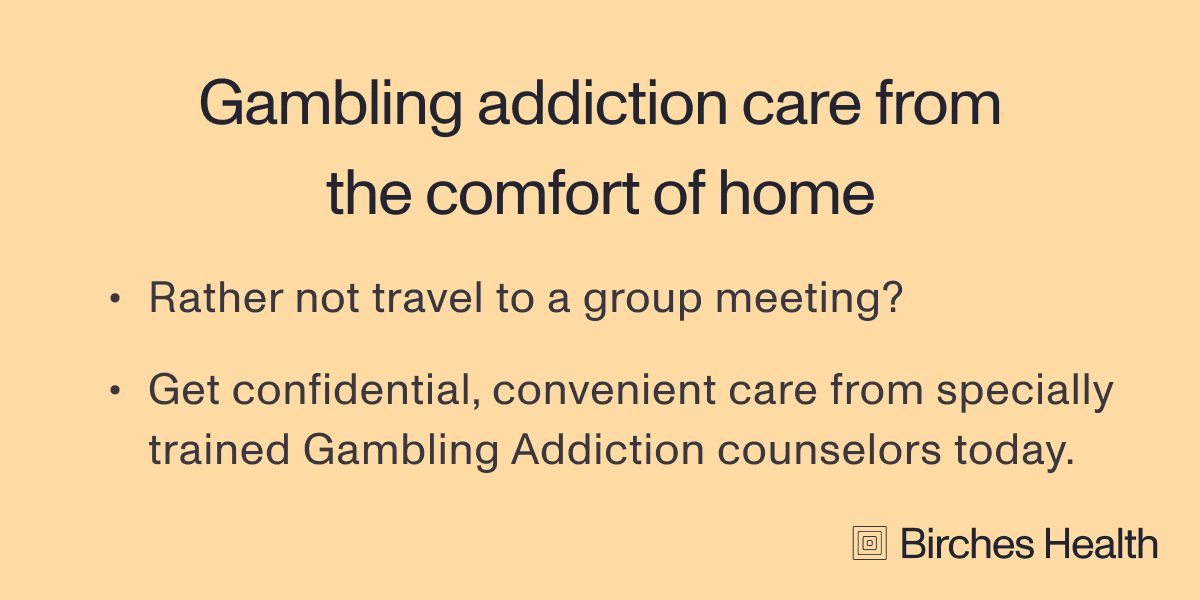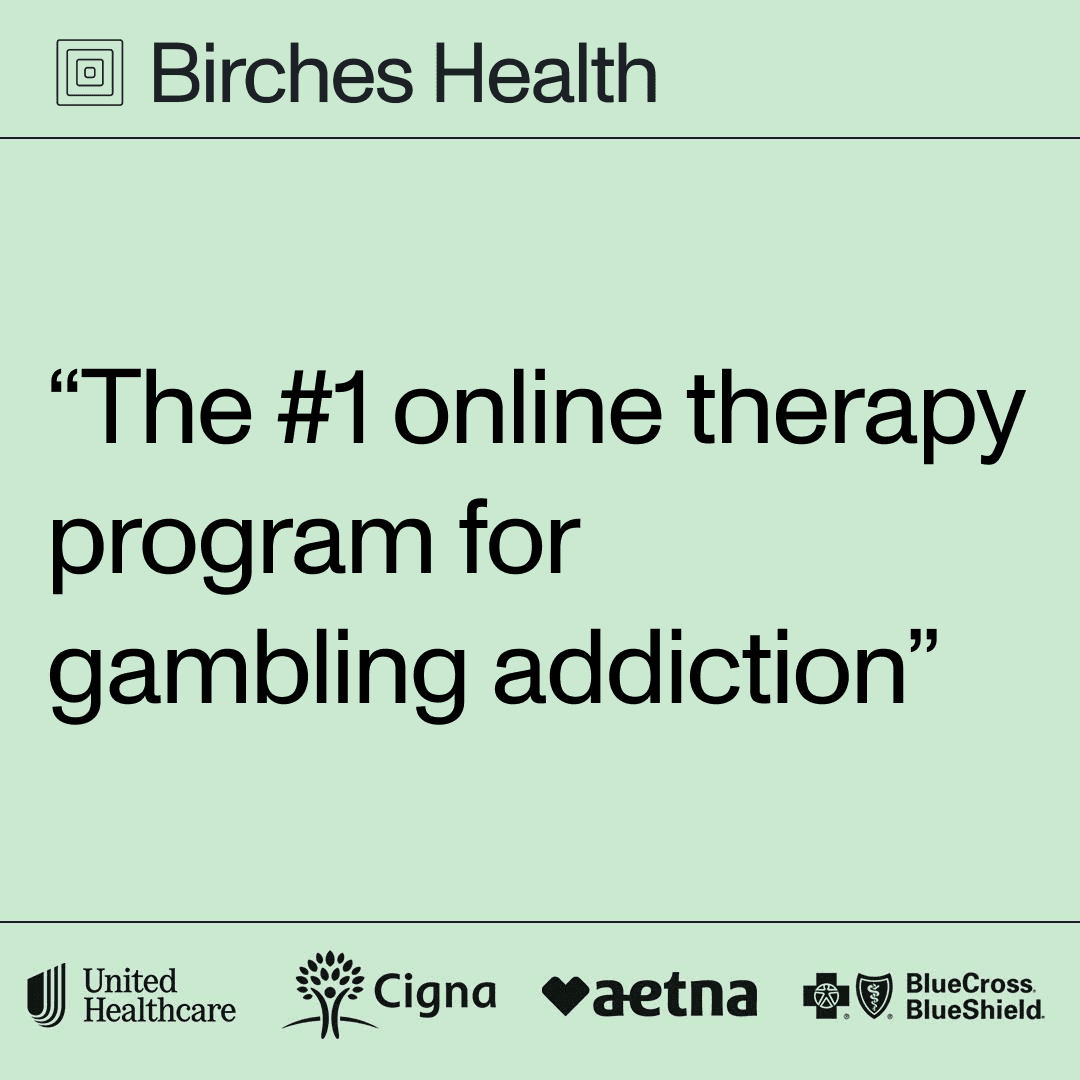Is Fliff legit? Safe? Legal? Social gaming sweepstakes app
Published:
Oct 1, 2024
,
02:51 p.m.
ET
Updated:
Oct 15, 2024
,
07:01 p.m.
ET
With the NFL season fully in swing, Fliff has generated plenty of buzz as an increasingly popular social gaming sweepstakes app, sparking conversations among sports fans, bettors and gaming regulators. More users are turning to Fliff and similar platforms to get in on the action outside of traditional regulated sports betting. Sweepstakes betting, the model on which Fliff operates, offers a unique blend of optional free entertainment with the potential of real-money risk – skirting the strict regulations imposed on standard sportsbooks by using a sweepstakes model..
According to recent statistics, Fliff's prominence has surged as football season began. Fans are sharing their experiences, praising the app's ease of use and boasting about their winnings – all while the app continues to attract new users, even in states where sports betting has not been formally legalized. Platforms like ProphetX, which initially operated as a sports betting exchange, have now pivoted to the sweepstakes model, recognizing the opportunity of increased accessibility to new audiences and states with differing gambling regulations.
Fliff’s success is largely attributed to its ability to operate as a sweepstakes-based gaming platform. But how exactly does it work, and is it really safe, legitimate and legal?
Is Fliff a legal, legitimate gaming operator?
Fliff operates in a legal gray area that has stirred up some controversy, but for now, they view themselves as a legitimate operator (though some regulators disagree strongly). Unlike traditional sports betting platforms, which require extensive regulatory approval and are subject to strict oversight and taxation, sweepstakes-based gambling apps like Fliff capitalize on sweepstakes laws, which are far less stringent. By offering two types of virtual currency – coins and cash – Fliff is able to provide an experience that mimics real sports betting without the legal constraints.
The virtual coins, which hold no real-world value, are used strictly for fun, while the virtual cash can be converted into actual money if players meet certain criteria. This "dual currency" system is what allows Fliff to operate as a sweepstakes platform, bypassing many of the restrictions that apply to regular gambling operations.
Fliff's key legal defense is that it offers an Alternative Method of Entry (AMOE). Players can choose to enter the platform's sweepstakes without making any purchases by using virtual coins, which are often provided for free. This technicality keeps Fliff in line with state sweepstakes laws and allows it to operate even in locations where regulated sports betting platforms like FanDuel, DraftKings and BetMGM are prohibited.
Worried about your betting? Speak with a Care Specialist from Birches Health today.

Where is Fliff available? Which states?
Fliff is currently accessible in about 40 states, including major markets like California and Texas – states where traditional sports betting is still illegal. However, there are a few notable exceptions. Fliff is unavailable in states with stricter regulations, such as Hawaii, Idaho, Nevada, Tennessee and Washington. In some states like Alabama, Colorado and Georgia, real-money purchases come with additional legal hurdles, limiting the app’s functionality in these areas.
How old do you have to be to use Fliff?
Fliff's terms of use state that players must be at least 18 years old to participate in the app’s sweepstakes betting. However, this minimum age requirement differs from traditional sports betting platforms, which often set the bar at 21. The lower age limit presents a significant concern, especially given the risks associated with gambling for younger players.
What is Sweepstakes Betting?
Sweepstakes betting differs from traditional sports betting primarily in its legal classification. By using a sweepstakes model, platforms like Fliff avoid the rigorous scrutiny and regulation that conventional sportsbooks face. Players have the option to bet with virtual coins or virtual cash.
And while the coins are for entertainment purposes, the virtual cash can be converted to real money if certain conditions are met. Users also have the option to mail in a form requesting a small number of free virtual coins. This is a key piece of the legal puzzle that more directly creates a similarity to traditional sweepstakes, such as the famous Publishers Clearing House offerings. The ability to play for free, coupled with the AMOE, is what sweepstakes-based gambling platforms argue legally differentiate them from real-money gambling.

Calls for crackdown on sweepstakes gambling
As sweepstakes betting continues to grow, calls for regulation and crackdowns are becoming louder. The American Gaming Association (AGA) recently released a memo urging regulators to take a closer look at sweepstakes platforms. The AGA argues that these operators bypass critical consumer protections and pose risks to both players and state revenues. According to the memo, sweepstakes platforms have weak responsible gaming protocols, questionable age verification processes and a lack of transparency.
Moreover, the AGA notes that the rise of sweepstakes betting deprives states of tax revenue that would otherwise be generated through legal gambling channels. As a result, some states have already begun cracking down on sweepstakes operators. For example, in Michigan, three companies were recently ordered to cease operations due to non-compliance with state regulations. Delaware also issued a Cease & Desist Order against VGW (Virtual Gaming Worlds) Luckyland Inc. in February 2023 concerning their slots operations in Delaware.
Most recently, it became public knowledge that Connecticut had sent a similar notice to VGW in February 2024, asserting that VGW was conducting “unlicensed online gambling” in violation of Connecticut law. It’s notable that VGW did not mount a legal fight in court, but instead just pulled out of Connecticut and amended its T&C’s for Chumba Casino and Luckyland Slots to list CT as an excluded state.
Sweepstakes operators form SPGA trade association
In response to growing scrutiny, eleven companies operating sweepstakes and social gaming sites have formed the Social and Promotional Gaming Association (SPGA). The SPGA aims to educate stakeholders and advocate for the responsible operation of social sweepstakes games, focusing on ethical practices and consumer protection. Some industry experts, however, view it as joining forces preemptively ahead of potential court-room battles about the legality of their offerings.
Dangers and risks of Fliff and sweepstakes betting
Despite the appeal of sweepstakes betting among young people and those in states that don’t have regulated sports betting, there are significant risks of which users should be aware.
One major issue is that the dual-currency system can blur the lines between real and virtual money, especially for younger users. Because players can initially engage with the platform without spending actual money, they may underestimate the financial risks associated with betting. This "play for free" model can lead to problematic gambling behaviors, particularly among teens whose decision-making skills are not yet fully developed.
Research has shown that younger individuals are more susceptible to gambling addiction. The prefrontal cortex, which governs impulse control and risk assessment, isn’t fully developed until around the age of 25. As a result, teenagers and young adults are at a higher risk of developing problem gambling habits.
Addiction Treatment and Resources for people addicted to Fliff
For individuals who find themselves struggling with an addiction to sweepstakes betting apps like Fliff, help is available. Birches Health offers specialized treatment programs tailored to address the unique challenges posed by sweepstakes and social gaming addiction. Birches’ team of specially trained counselors can provide guidance and support, helping individuals regain control of their lives.
If you or someone you know is dealing with a gambling addiction, consider reaching out to Birches Health for assistance. They offer a variety of resources, including care sessions from the comfort of home, often with low or $0 out-of-pocket costs. Depending on your situation, you can get started at Birches in one of the following ways:
Call 833-483-3838
Email hello@bircheshealth.com





